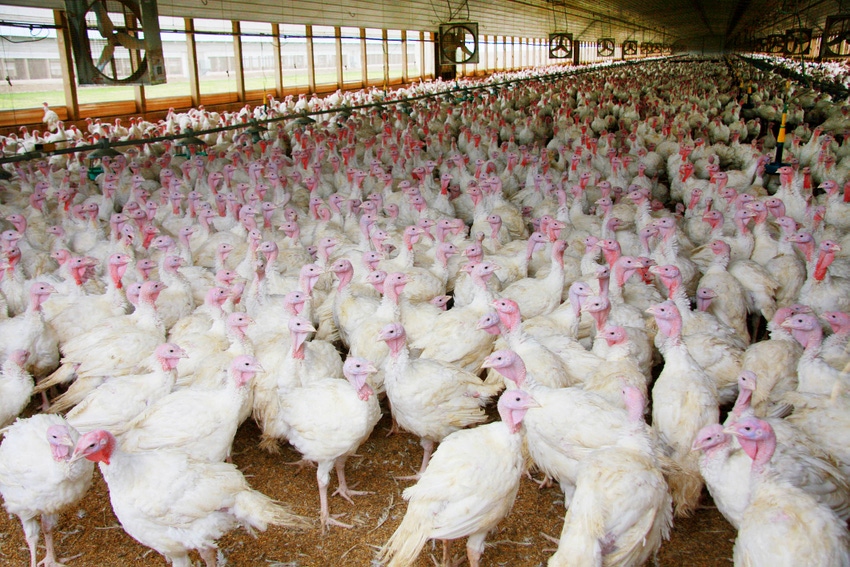Research highlights need for new control strategies for continued efficiency in production.
July 13, 2021

USPOULTRY and the USPOULTRY Foundation recently announced the completion of a funded research project at the University of Georgia in Athens, Georgia, in which researchers investigated the impact of anthelmintic resistance in parasites of poultry. The research was made possible in part by an endowing Foundation gift from Wayne Farms LLC and is part of the association’s comprehensive research program encompassing all phases of poultry and egg production and processing.
According to the research summary, an important factor in the profitable production of poultry is the management of helminth parasites. Ascaridia galli and Ascaridia dissimilis are nematodes of the Ascarididae family and are two of the most common and economically important nematode parasites of chickens and turkeys, respectively, with up to 100% of birds in some flocks infected.
Helminth control is typically achieved via the frequent administration of anthelmintic drugs, with fenbendazole (FBZ) being the most commonly used drug. While fenbendazole is currently the only FDA approved anthelminthic for use within the poultry industry, researchers have recently completed a study in turkeys that definitively demonstrated resistance to FBZ in A. dissimilis, which has led to further investigations.
Conducted by Dr. Ray Kaplan and colleagues at the University of Georgia�’s College of Veterinary Medicine, the new study aimed to measure the production impact of drug-resistant Ascaridia dissimilis on turkeys, develop a molecular diagnostic that would allow for screening of resistance in populations of Ascaridia dissimilis, and determine the efficacy of fenbendazole on a population of Heterakis gallinarum.
Experiments conducted revealed that neither the label dose of FBZ, nor a dosage twice that of the label dose, significantly reduced parasite burdens, indicating that the isolate was highly resistant to FBZ. These results raise significant concerns for Blackhead control, as vector control is currently one of the few options available, the researchers noted.
Overall, results demonstrate the impact that poultry nematode parasites may have on the health and productivity of poultry and highlights the need for new control strategies for continued efficiency in production.
The research summary can be found on the USPOULTRY website.
You May Also Like


.png?width=300&auto=webp&quality=80&disable=upscale)
